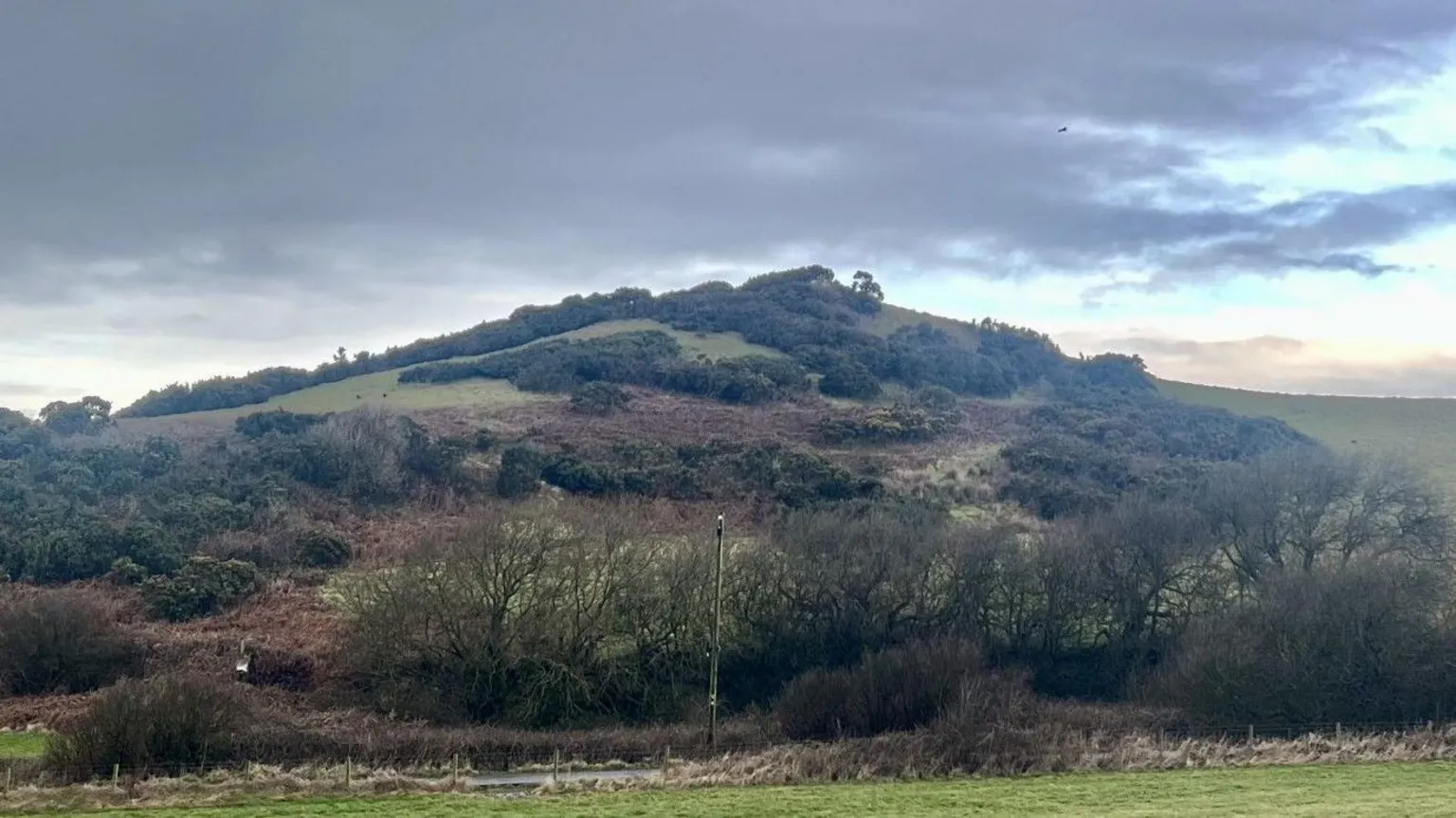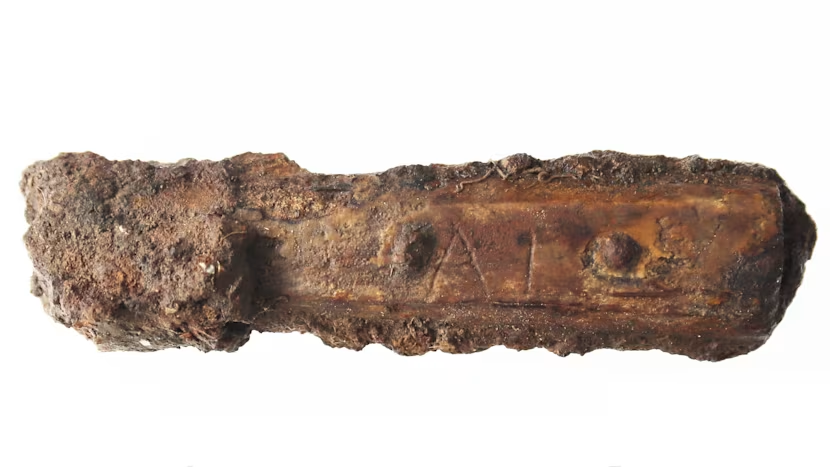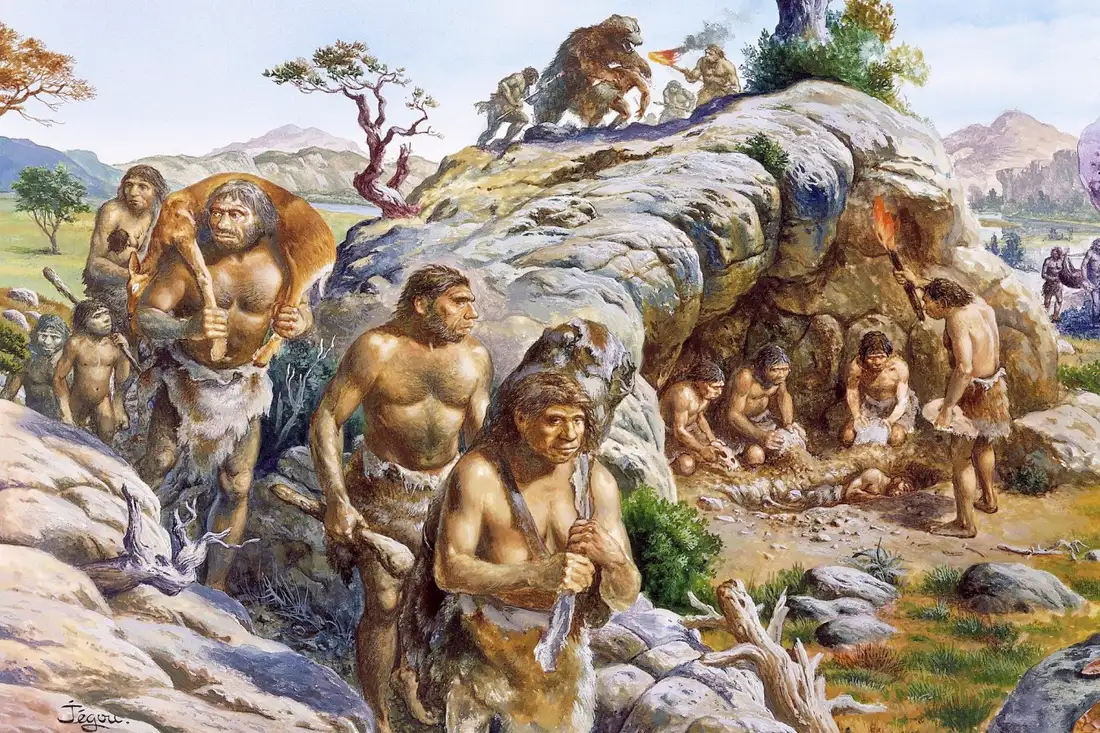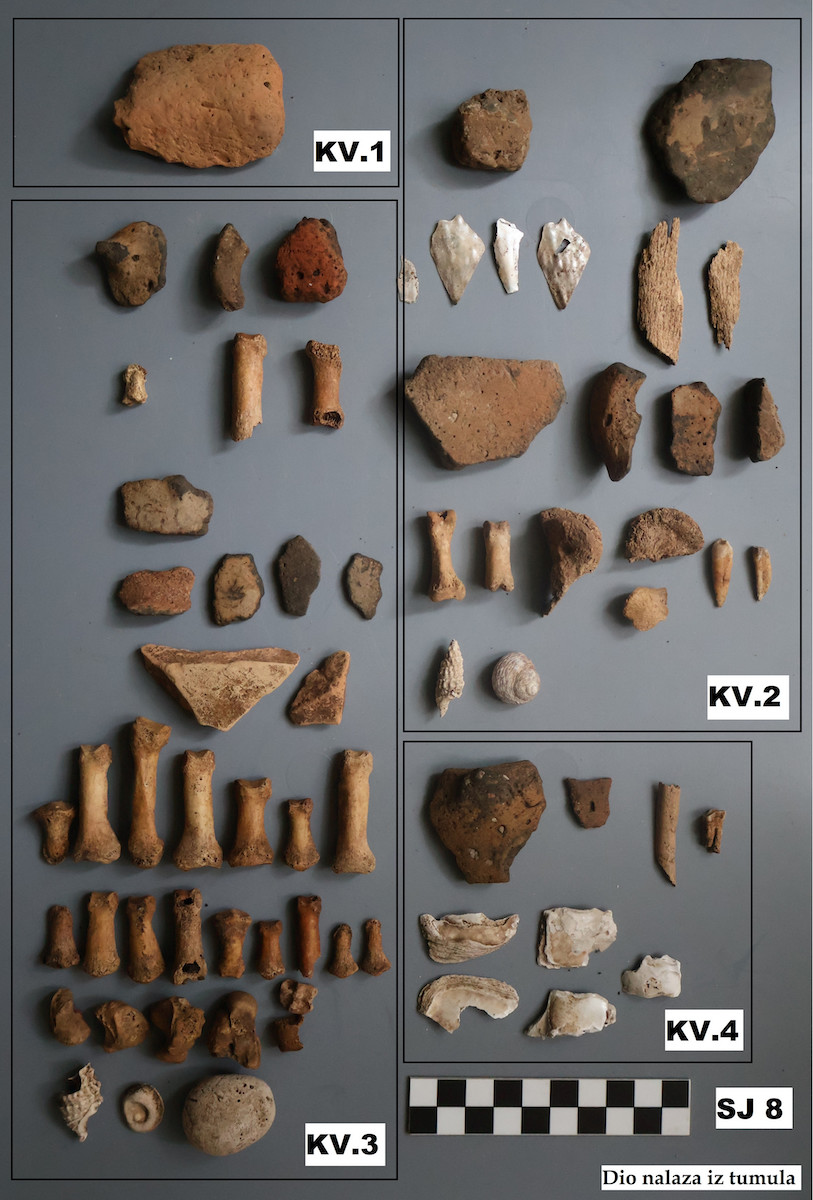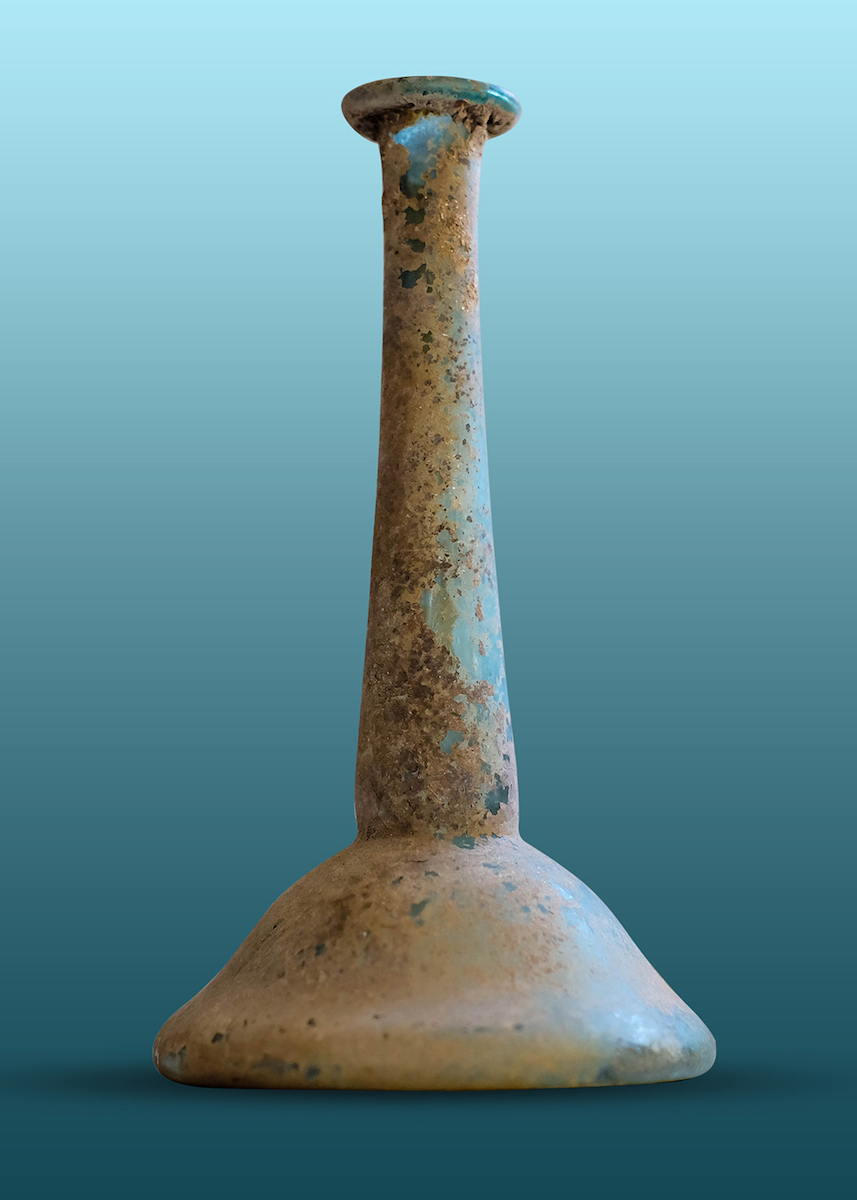Charles Allen's examination of the Aryan narrative in his final publication serves as a poignant reminder of the dangers inherent in manipulating historical narratives for divisive political agendas. His book ventures beyond the conventional bounds of prehistory, transforming what might seem like a static backdrop into a vivid tableau of human endeavor and environmental transformation. Allen vividly recounts how a genetic mutation 4,000 years ago revolutionized the human diet through dairy consumption, alongside dramatic shifts in geography and climate mirroring today's climate concerns.
Central to Allen's quest is the Pontic-Caspian steppe, a vast expanse rejuvenated post-Ice Age into a fertile plain that attracted both horses and humans, setting the stage for the migration of peoples into Europe and Asia that would come to be identified as Aryans. These Proto-Indo-European-speaking nomads are depicted as horse-riding, milk-drinking wanderers, whose legacy, pieced together through linguistics, archaeology, and genetics, stirs both academic fascination and controversial speculation.
Allen delves into the etymology of "Aryan" and its cultural ramifications, tracing its origins from ancient texts to its impact on personal names and national identities. The narrative uncovers linguistic evidence suggesting deep cultural divides and shared ancestries, while archaeological findings highlight the horse's paramount significance to Aryan and subsequent cultures, as evidenced by the spectacular Scythian burial mounds and the equestrian prowess of the Celts.
Charles Allen’s profile of the Aryans is a cautionary tale that warns against the use of history for divisive political ends.
Yet, it is the misuse of the term "Aryan" in modern nationalist movements that casts a shadow over this rich history. Allen's book confronts the grim legacy of Aryanism, tracing its dark trajectory from pseudoscientific racial theories that predated and precipitated the Holocaust to its appropriation by contemporary Hindutva politics in India. These ideologies, while attempting to claim an indigenous Aryan heritage, distort historical truths and fuel divisive agendas, misrepresenting the complexities of migration and cultural assimilation.
Allen's posthumously published work, completed and introduced by David Loyn, not only celebrates the vast tapestry of human history but also stands as a cautionary tale against the exploitation of historical research for political ends. It warns of the perils of seeking to anchor contemporary identity in a glorified and often misconstrued past, a practice that has repeatedly led to devastating outcomes. Through "Aryans: Myth and Reality," Charles Allen offers both a tribute to human history's grandeur and a stern reminder of its potential misuse.




